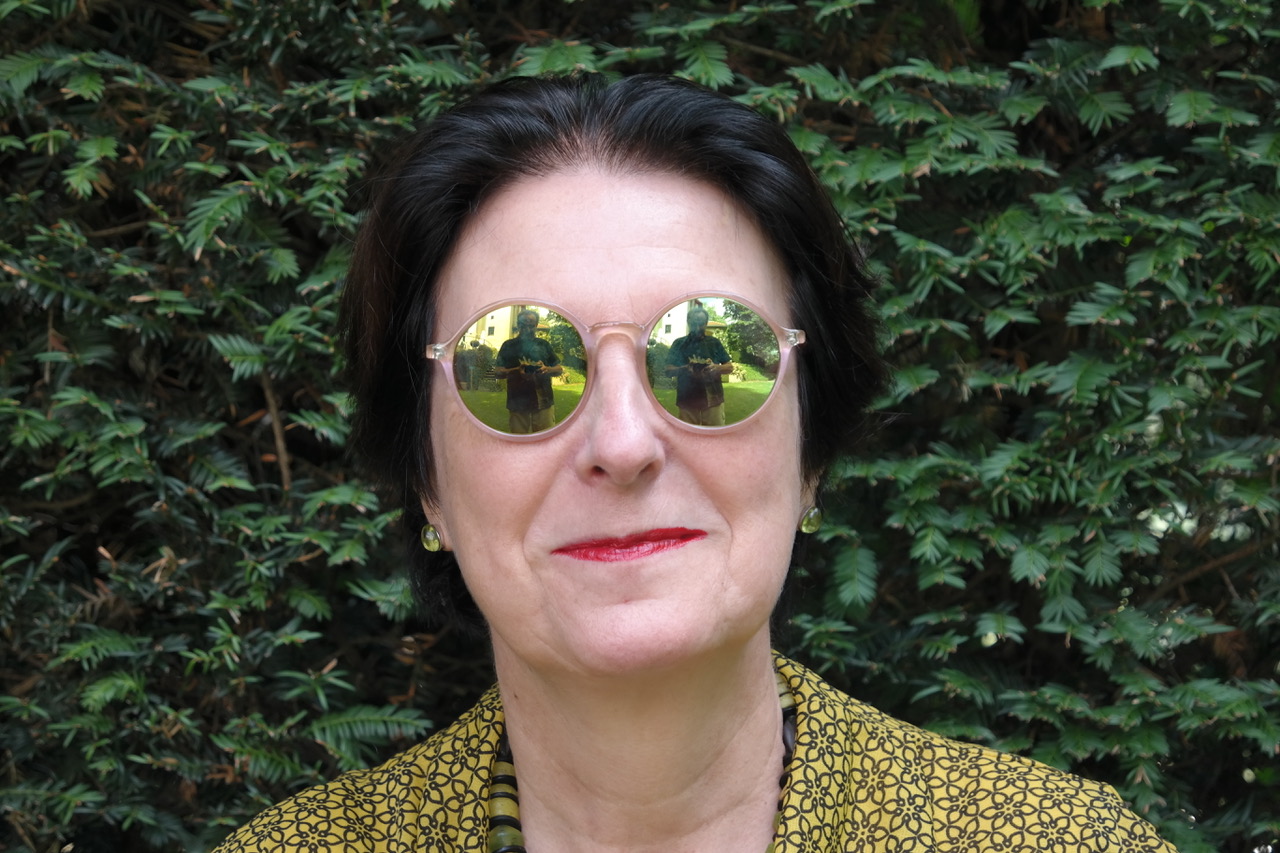In the end of March the doctoral students of WASP Graduate School are invited to participate in the course “Ethical, Legal, Societal and Economical Aspects of AI”. Professor Virginia Dignum at Umeå University is responsible for the course and she has invited a couple of external lecturers. One of them is Professor Mireille Hildebrandt – the leading international researcher on legal aspects of AI.
Mireille Hildebrandt is a tenured Research Professor on ‘Interfacing Law and Technology’ at Vrije Universiteit Brussel, and co-director of the research group on Law, Science, Technology and Society studies (LSTS) at the Faculty of Law and Criminology. She also holds the part time Chair of Smart Environments, Data Protection and the Rule of Law, at the Science Faculty, the Institute for Computing and Information Sciences (iCIS) at Radboud University, Nijmegen.
This is an interview with Mireille about the lecture she will give in Umeå.
You are invited to Umeå to give a lecture for the WASP doctoral students, what will you talk about?
”In this lecture we will probe the difference between legal and other ‘by design’ approaches, starting from the fact that nobody is above the rule of law – not even developers of computational systems. This means that before defining your own concepts of privacy, fairness, bias or freedom of expression it is important to understand the corresponding fundamental rights as they must be respected at the level of the design, at least in the case that EU data protection law applies.
We will do some close reading into the legal requirements of Data Protection by Design and Default (LPbDD) and Data Protection Impact Assessment (DPIA), taking note that to grasp the meaning of these two ‘by design’ approaches we have to situate them in the framework of the rule of law.”
What is your main message?
”The rule of law does not refer to a bag of rules but to a coherent, dynamic system of checks and balances that ensures countervailing powers. It is crucial that these countervailing powers should also be operational at the level of research design, technical infrastructures and applications.”
You hold an ERC Advanced Grant, for what particular research did you receive this grant?
“The grant funds fundamental research into computational law. A team of lawyers, well versed in legal theory, will interact with a team of computer scientists, to get a better understanding of the assumptions that play out in both disciplines and in concrete applications of e.g. the use of NLP to predict legal judgments.
For instance, how do assumptions regarding data that supposedly function as a proxy for legally relevant knowledge relate to the what lawyers call the ‘sources of the law’ (which may have binding force)? Or, how is ‘ground truth’ constructed and how are ‘base line’ models selected, and how can we explain different outcomes when comparing different models, different ‘ground truth’ etc.? The project is unusual as lawyers are not – yet – used to having these kinds of cross-disciplinary conversations.”
More About Mireille Hildebrandt
Published: March 2nd, 2020
[addtoany]


